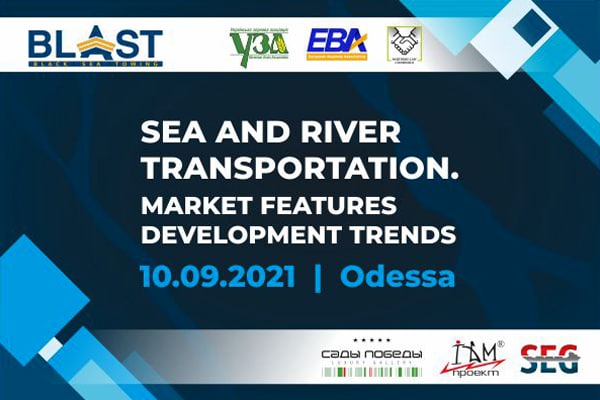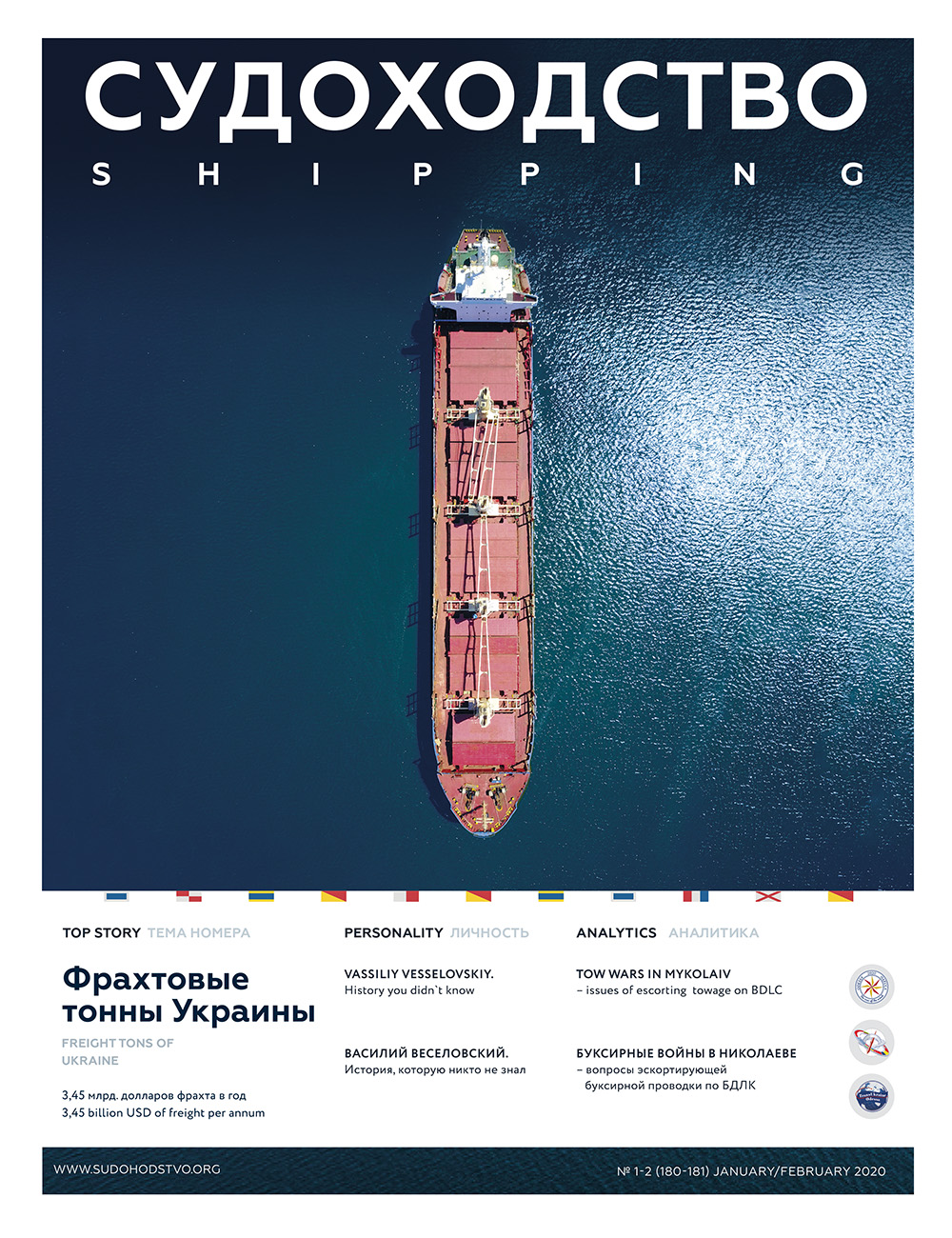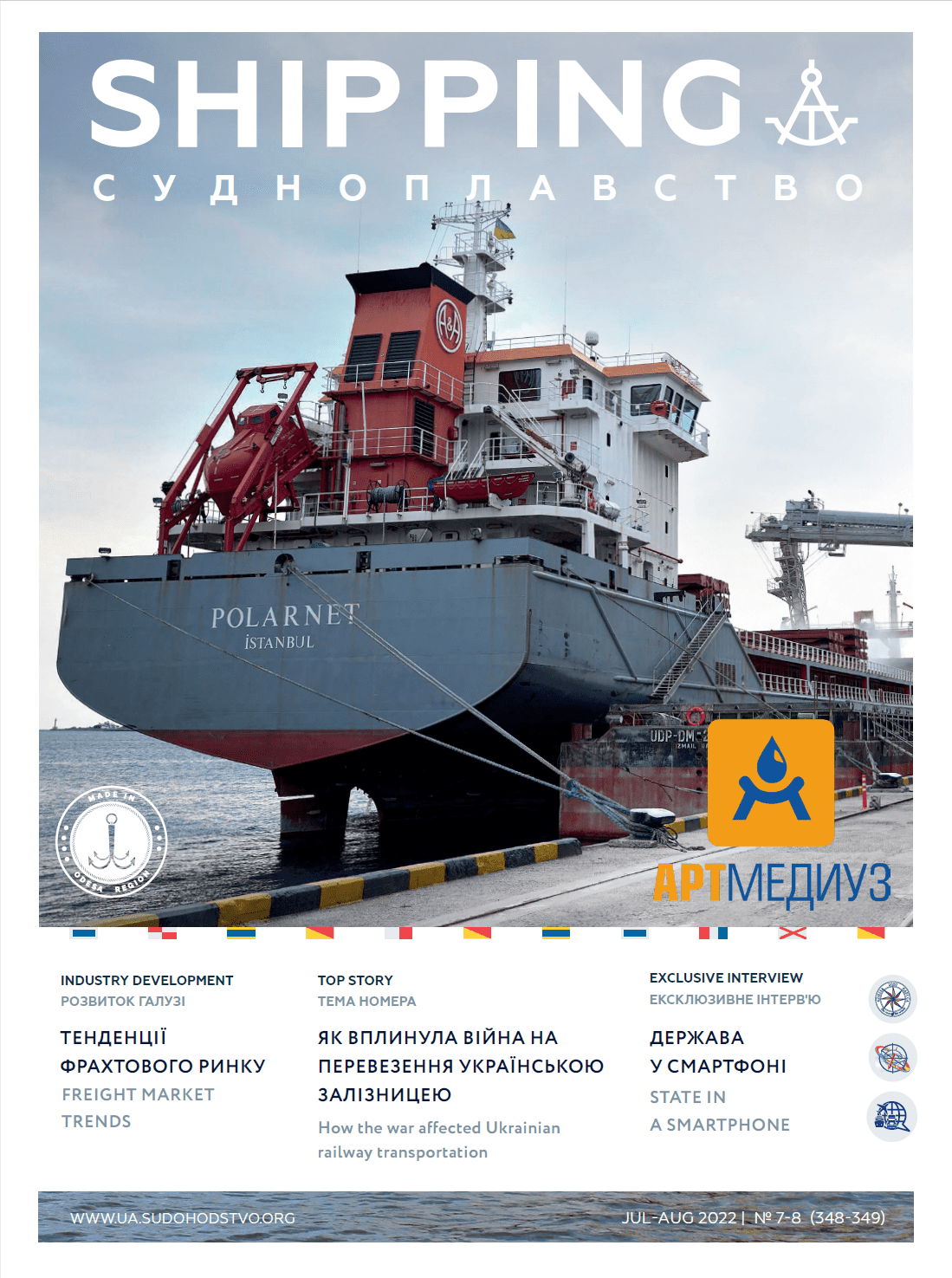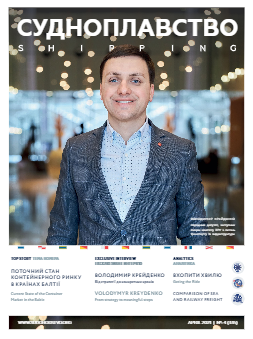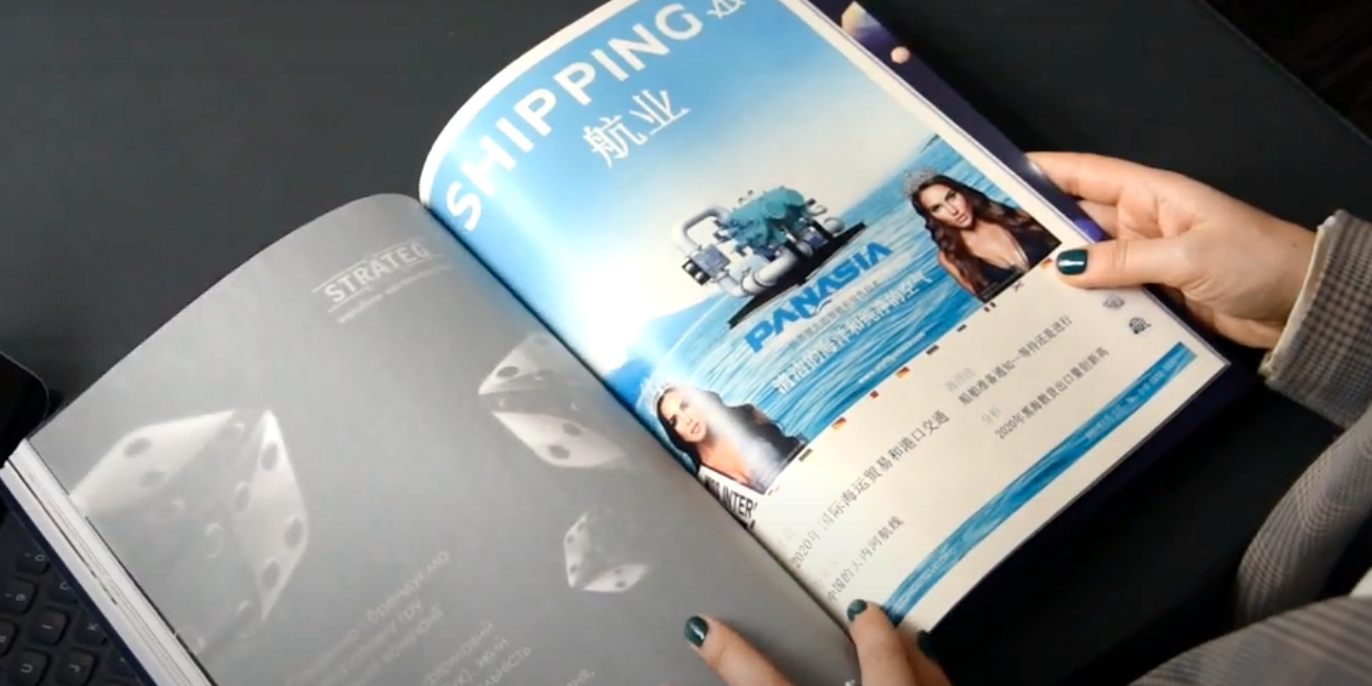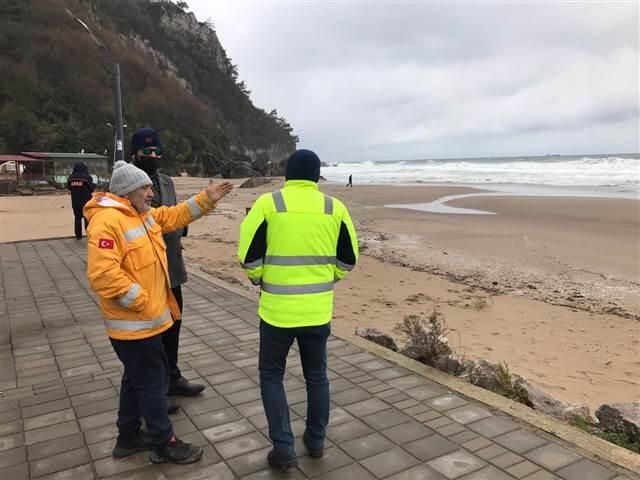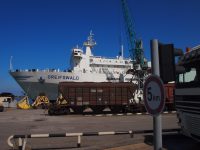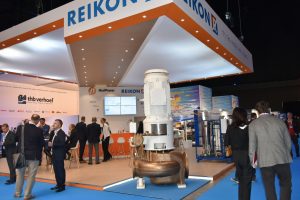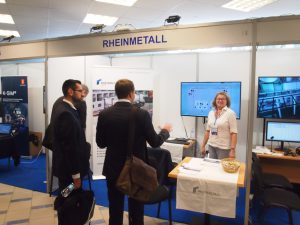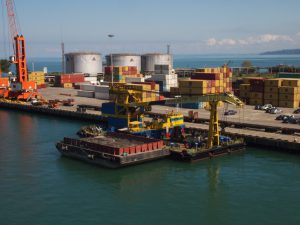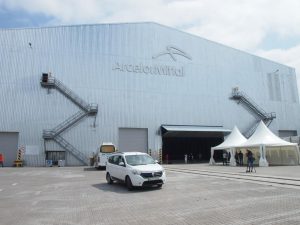Some of the world’s leading international shipping associations are calling on the Member States of the International Maritime Organization (IMO) for progress on some of the key challenges surrounding the imminent 0.5 percent sulfur limit for bunker fuel burned by the world’s merchant shipping fleet. The trade associations, which include BIMCO, the International Chamber of Shipping, INTERCARGO, INTERTANKO and the World Shipping Council, issued a joint statement on Monday announcing that they have co-sponsored a number of submissions to IMO that are aimed at helping smooth the implementation of the 2020 global sulphur cap. The submissions come ahead of next month’s special inter-sessional meeting of the IMO Sub Committee on Pollution Prevention and Response, which meets which meets starting IMO headquarters in London starting on July 9.
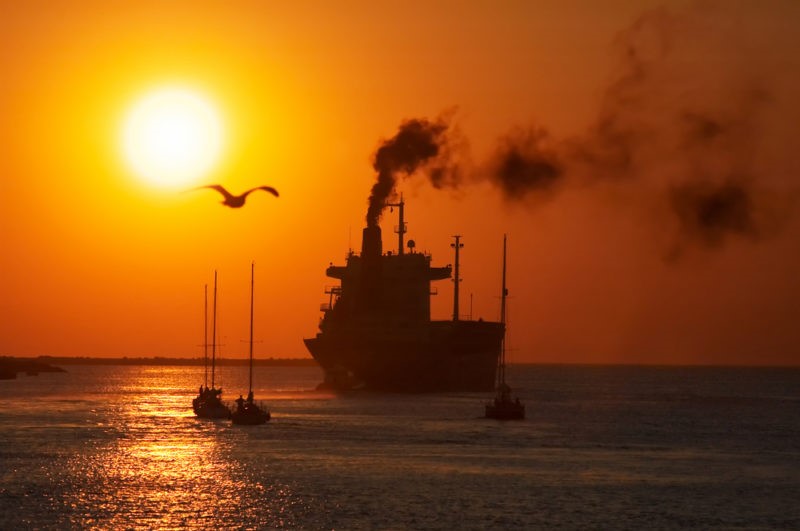
Below is the full joint statement issued by BIMCO, ICS, INTERCARGO, INTERTANKO and WSC?
The shipping industry – as represented by its international trade associations ((BIMCO, ICS, INTERCARGO, INTERTANKO and WSC) – calls on the Member States of the International Maritime Organization (IMO) to make progress on key challenges around the global sulphur cap to avoid compromising safety or unfairly penalising individual ships. The trade associations have co-sponsored a number of submissions to IMO to help smooth the implementation of the global 0.5 percent sulphur in fuel cap, in advance of the critical meeting that will be held in London during the second week of July.
These submissions include papers on:
A standard format for a ship specific implementation plan with many actions ships may need to consider for achieving compliance but also a call for a practical and pragmatic approach from IMO Member States when verifying compliance with the 0.50% global sulphur cap;
- Safety implications associated with 2020 fuels and their respective challenges
- A draft standard for reporting on fuel oil non-availability
- Proposals for amendments to MARPOL Annex VI to require sampling points for fuel oil
- Verification issues and control mechanism and actions.
The industry is fully committed to successful implementation of the global sulphur cap on 1 January 2020, and welcomes the significant environmental benefits this will bring, as agreed by IMO Member States and as re-confirmed by the IMO Marine Environment Protection Committee in April 2018. Through their own proposed standard implementation plan, ship owners and ship operators are committed to do what is necessary and what is under their control to meet the standards required. But the worldwide implementation of this game-changing new regulatory regime will be far more complex than the previous introduction of sulphur Emission Control Areas for shipping not least because of the sheer magnitude of the switchover and the quantities and different types of fuel involved.

